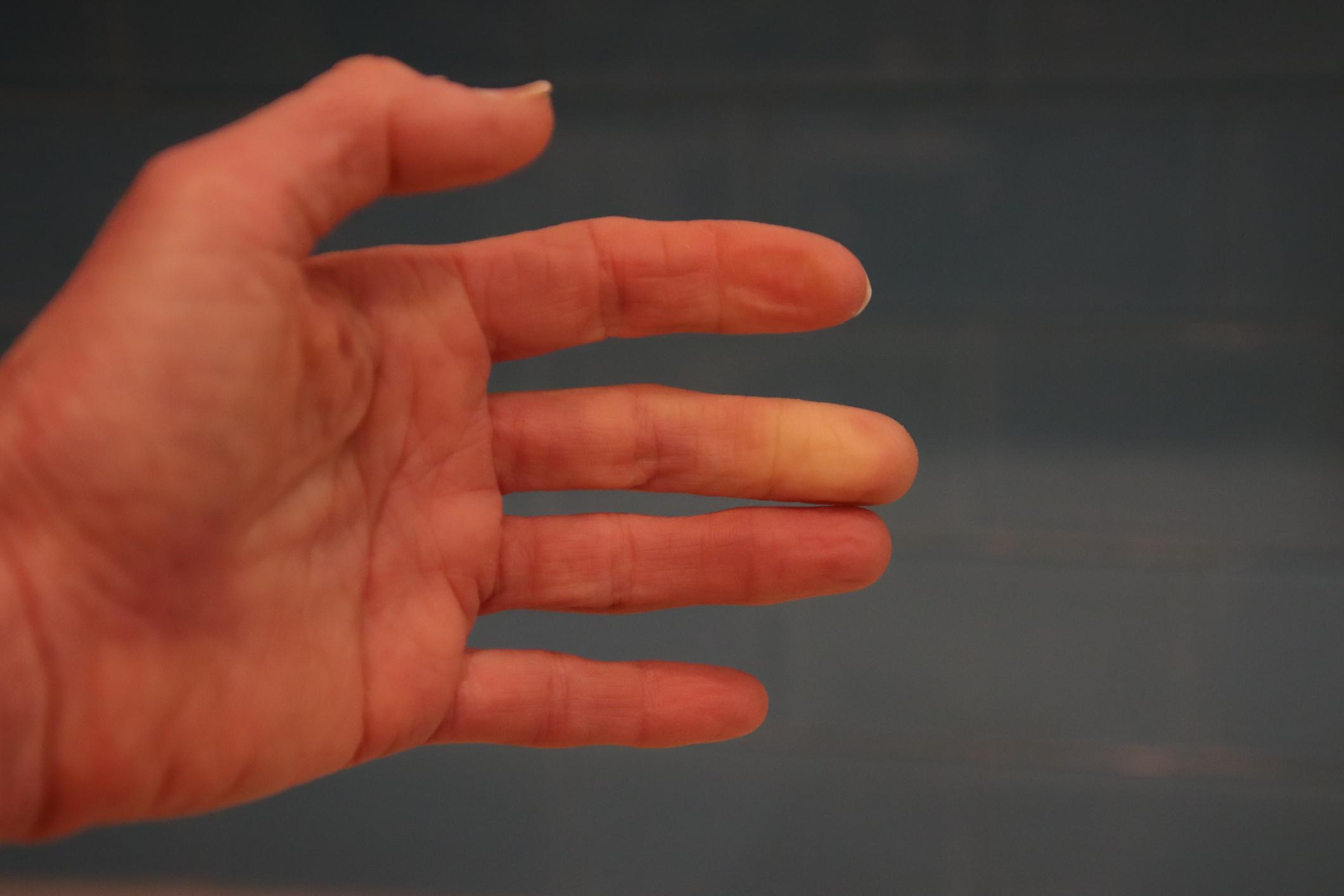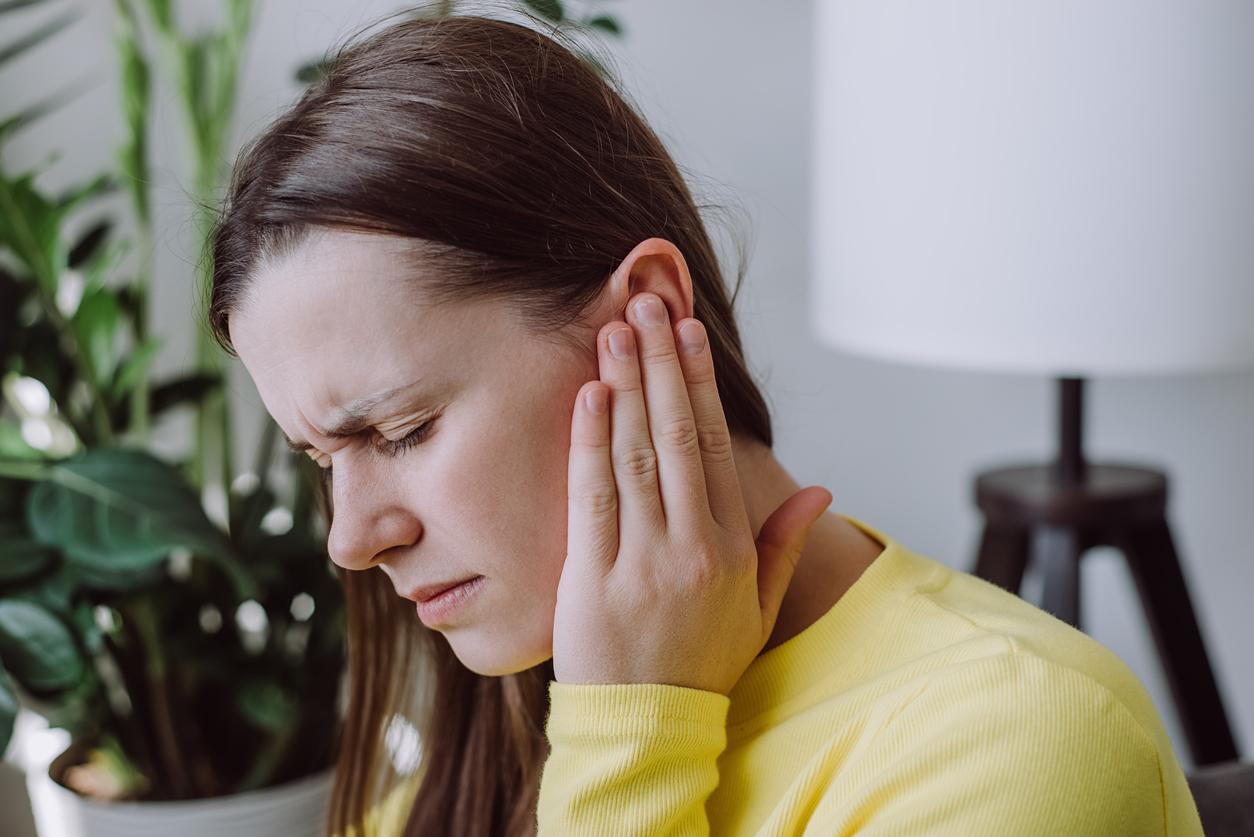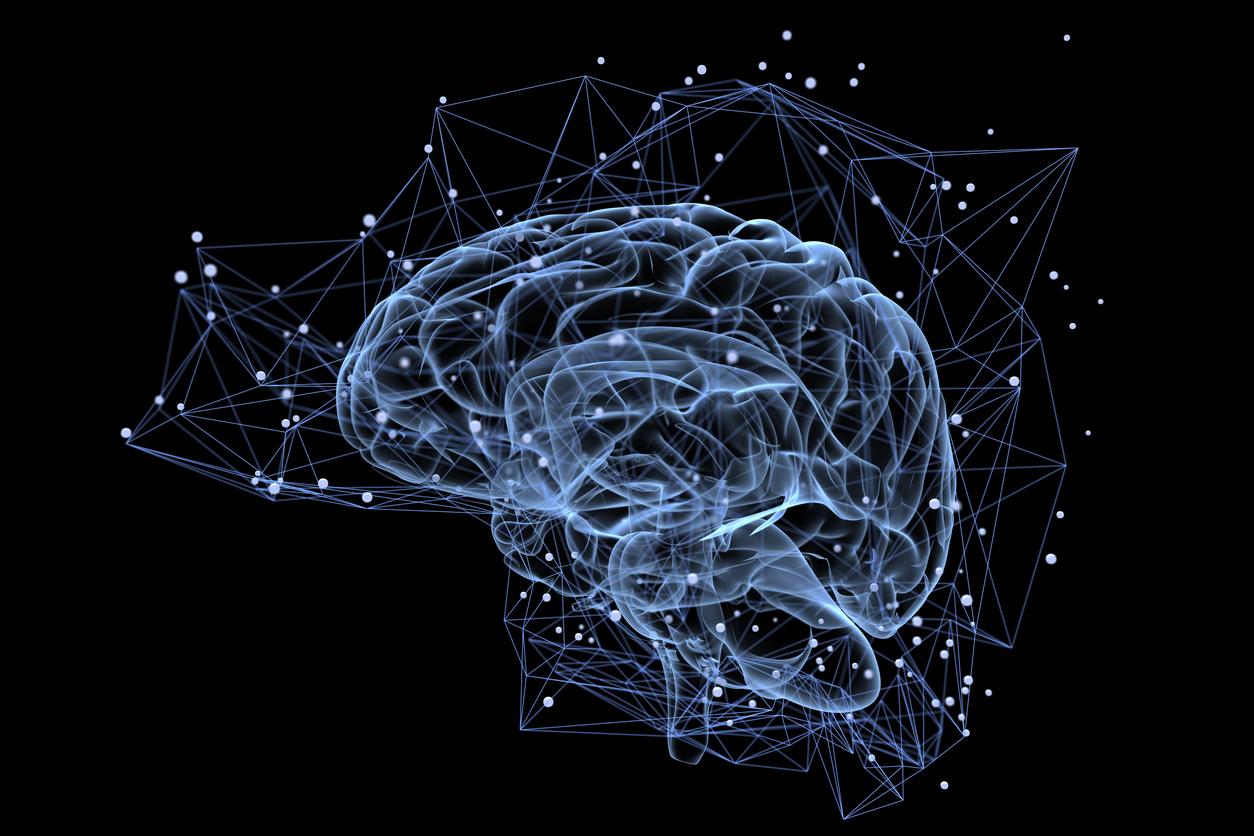
Anxious and concerned about everyday things
Worrying or worrying about something: everyone suffers from it from time to time. When are you so concerned that there is a disorder? And what can you do about such a generalized anxiety disorder? The Mental Health Fund explains.
1. What is Generalized Anxiety Disorder?
If you’re a generalized anxiety disorder (also called worry disorder), you are excessively anxious and worried about everyday things. You worry about things that could happen to you or others, without there being any immediate reason for it.
For example, you worry about your health, finances, your performance at work, or that something bad is happening to your relatives and/or friends. You suffer from these feelings of fear and/or the fear leads to problems in your daily functioning.
4.5 percent of the Dutch will develop a generalized anxiety disorder in the course of their lives. It is more common in women than in men.
2. How do you recognize this anxiety disorder?
If you have Generalized Anxiety Disorder, you find it difficult to control your worries and fears. You may also feel agitated and restless. People with generalized anxiety disorder often also suffer from concentration or sleeping problems due to their worrying. Physical complaints such as muscle tension, sleeping problems, nausea, irritability and headaches also occur.
The main feature of this anxiety disorder is that you have an excessive fear and anxiety about many different things in daily life for at least six months. Your worries often appear without cause. A person with Generalized Anxiety Disorder finds it difficult to control his or her anxiety.
3. How Do You Get Generalized Anxiety Disorder?
The exact cause of the onset of generalized anxiety disorder is unknown. But if one of your parents has an anxiety disorder, you are slightly more likely to develop this disorder yourself. Whether this actually happens depends on several factors. Negative events in your childhood, stressful events such as a death or overprotection of your parents can play a role.
4. What can you do about it?
First of all, it is important that a specialist such as a psychologist or psychiatrist makes the official diagnosis. Generalized anxiety disorder can be treated well with cognitive behavioral therapy and/or antidepressants. During therapy you learn to adjust your thoughts and to worry less. Your practitioner will discuss your complaints and their possible causes with you. The situations in which you feel anxious and panicky are also discussed and the thoughts that you have during this.
You often also get exercises to take home. When treating anxiety disorders, it is important that you gradually look for exactly what you are afraid of. This is called ‘exposure’. This will teach you that there is no need to be afraid and the fear will eventually subside.
You can also relaxation exercises do to master your anxiety.
More information about Generalized Anxiety Disorder can be found on the website of Mental Health Fund. Do you suspect that you or someone you know has an anxiety disorder? Talk about it with someone you trust, such as your doctor. He or she can refer you to appropriate help if necessary. You can also anonymously call the Kor Relatie helpline on 0900-1450 (€ 0.15/min). You can chat and email via www.koratie.nl.

















